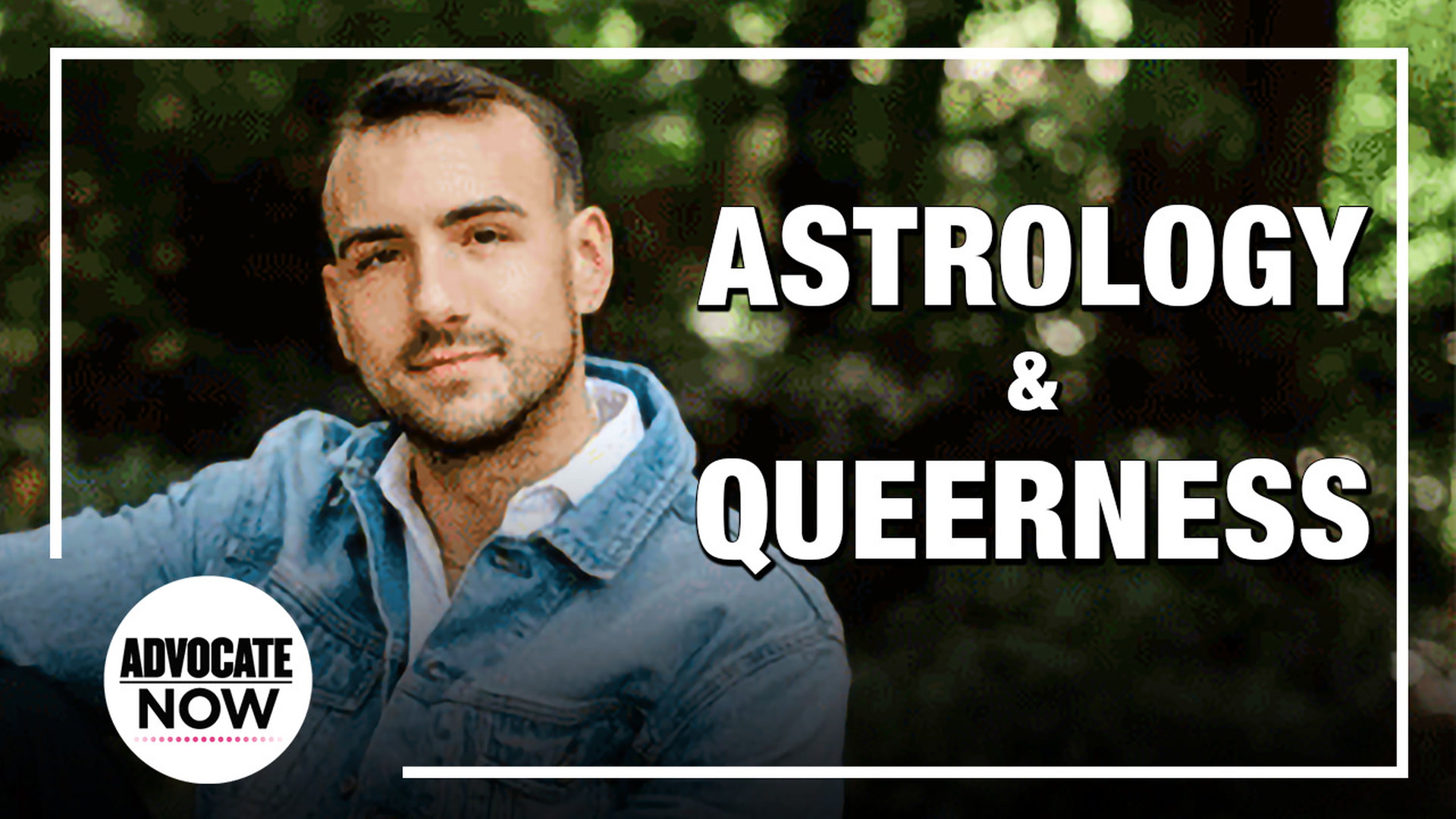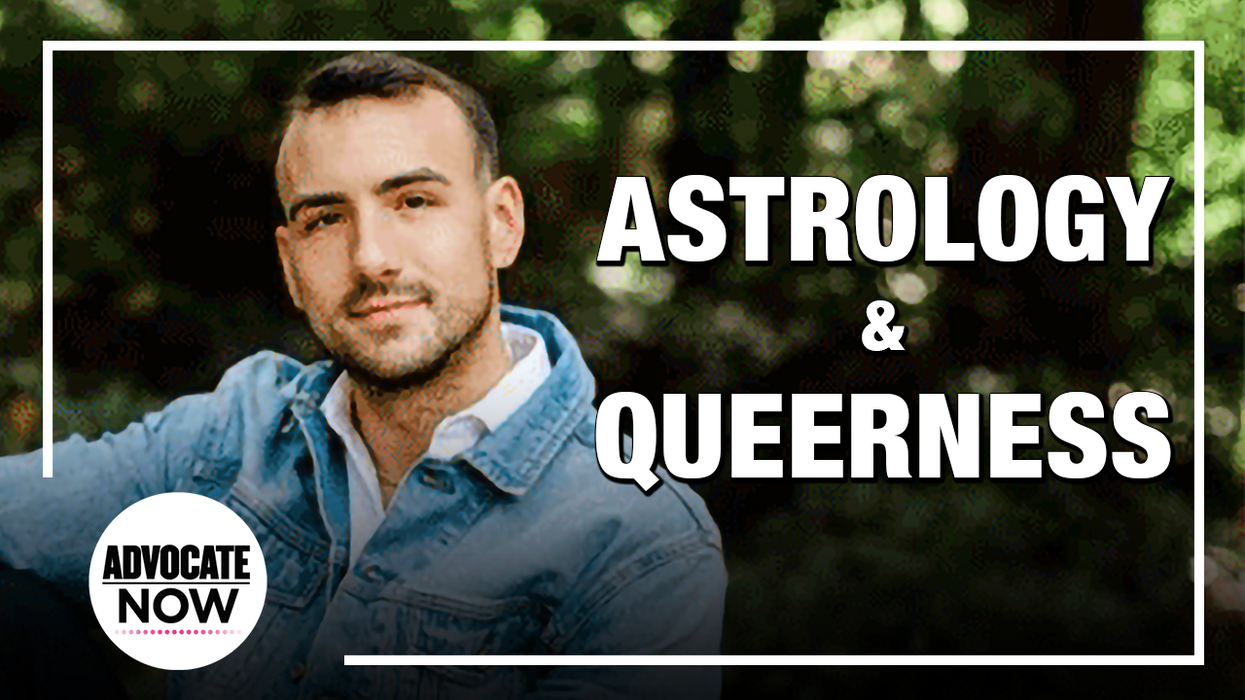Astrologist Colin Bedell has dedicated his career to providing an astrological resource to the LGBTQ+ community.
How Astrology and Queerness Intersect

What started as a website kept by Bedell and a friend quickly became a higher life calling. He began running it as a way to approach astrology through resources and predictions that use "gender inclusive language," as he tells Sonia Baghdady of Advocate Now that LGBTQ+ people often seek "theories on relationships that are not just so heteronormative, especially around traditional notions of monogamy."
Bedell is passionate about keeping astrology and spirituality accessible. He believes the practice is often written off because it appeals largely to women, which can prevent resources from being shared or becoming mainstream.
"There's some intentionality around making sure that it stays inaccessible and complicated. I think a lot of it actually has to do with patriarchy, because astrology has been preserved largely by women's media," Bedell explains. "Any topic that's considered feminine or consumed by women is thereby intellectualized as anti-intellectual."
To Bedell, astrology is a tool "to help us unlearn the ways in which shame tells us to be who we aren't." While it can be "really hard to navigate all these contradictions and complexities of the human experience," Bedell believes astrology reminds us "that self-actualization is a process."
"That's really where astrologers can help, is giving folks the language, the accurate vocabulary to define and declare who they are," he says, adding, "What I always try to do is provide language that helps people develop more accurate personal insight. So, when those life defining moments [happen] — when they need to say 'I love you' first, or declare a boundary, apologize or offer forgiveness, get a job — they can at least have the vocabulary to define and declare themselves in those moments."
For more interviews like this, watch Advocate Now on The Advocate Channel.



















































